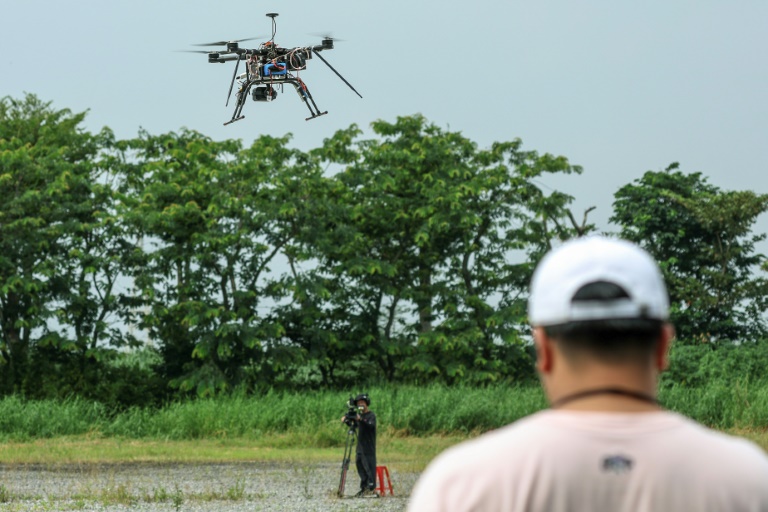During a visit to San Francisco, President Ferdinand “Bongbong” Marcos Jr. stated that the Philippines is “ready” for artificial intelligence. However, concerns have been raised by employees in various sectors about the potential negative impact of AI adoption in the workplace.
A recent survey found that around 73% of respondents believe that AI adoption could lead to job losses in the Philippines. The rise of AI has particularly affected the business process outsourcing (BPO) industry, with predictions that BPO workers are at risk of losing their jobs.
In response to these concerns, House Bill No. 9448 has been introduced to regulate the use of artificial intelligence and automation systems in the labor industry. The bill aims to address job displacement caused by AI adoption in the workplace.
President Marcos emphasized the importance of training and upskilling workers to meet the demands of the evolving tech landscape. However, concerns remain about the readiness of Filipino companies to leverage AI, with only 35% considering their infrastructure to be highly scalable for AI implementation.
Another key concern is the use of AI tools to evaluate employee performance. Section 11 of the proposed bill states that employees have the “right to refuse” evaluations carried out using AI tools, highlighting the need for further consultation with relevant government agencies and industry experts.
To mitigate job losses and ensure compliance with AI governance policies, companies are encouraged to invest in training workers with skills that complement new technologies. Additionally, an oversight body may be necessary to address concerns related to AI’s impact on the workplace.
House Bill No. 9448 is currently under review by the House Committee on Information and Communications Technology, reflecting the ongoing efforts to address the challenges and opportunities presented by AI adoption in the Philippines. For more information, you can visit www.ibtimes.com.


















